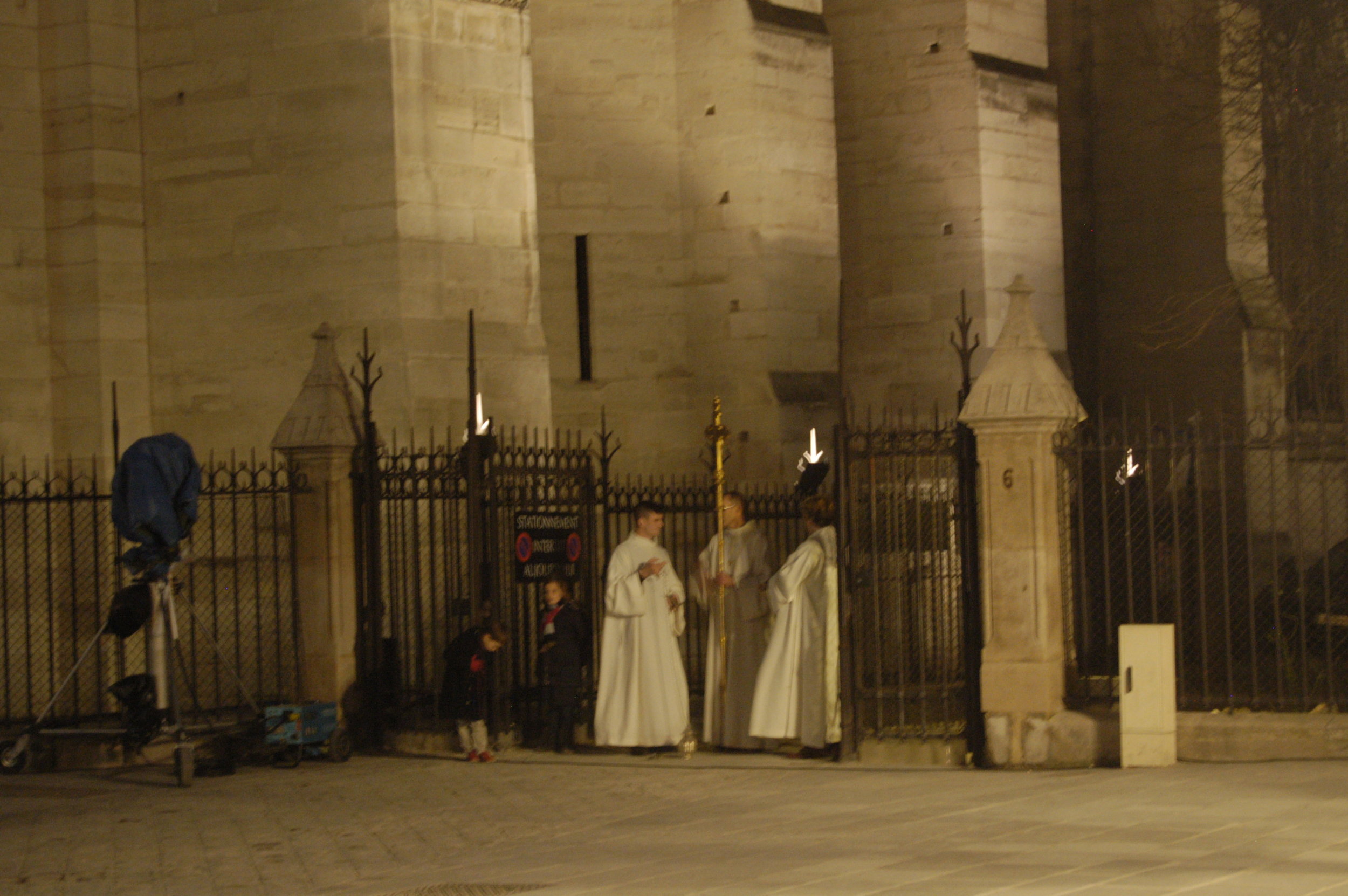Music To The Rescue
In a past life I was a musician and a music teacher. While I lacked the talent and drive to become a professional musician, music has always been something I've enjoyed.In our classroom, when students need to complete a transition from one activity to the other - for example, universal breakfast clean up to Morning Meeting - we play music. We began the year with Pachelbel and are working on Bach at the moment.My students love to talk - usually to me and all at once - they talk a LOT. And while I understand and encourage this as part of their processing and language acquisition, it can get pretty loud. When we're in Writing Workshop, there are definitely times I want them talking out loud, but there are times when I'd like them "talking" with their pencils and pens.One day this week, as I was preparing to release my students to their writing tasks, I started explaining to them that I would like to begin experimenting with background music during Writing Workshop. As I write - even now - we have classical music playing in the background so why not? This was, as many things about teaching are, unplanned.It was not an instant success -- it took a couple of starts before I could convince my students that they didn't need to try to talk over the music. But over the course of the last three days, the background conversations - the ones that were not about writing - have been replaced so that Writing Workshop is most definitely a more focused work period.Yesterday, one of my friends approached me in amazement saying "we wrote quietly the whole time!" And so they did. Music to the rescue.
 I am not certain exactly when the idea occurred to us, but this past week, Adrien and I celebrated our anniversary with a quick trip to Paris. Nevermind that I now have a deeper understanding of my immigrant grandfather's voyage to the new world after spending 12 hours on planes without being able to wiggle! Airline to remain anonymous.We planned this trip to coincide with Christmas and so, we did as many tourists and some Parisians do - we went to Mass at Notre Dame cathedral. 2012 marks the 850th anniversary of the cathedral; I couldn't help but wonder at that thought - that 850 years earlier people stood in this same spot to celebrate Christmas.The giant pipe organ, bellowed the strains of Adeste Fideles while we waited
I am not certain exactly when the idea occurred to us, but this past week, Adrien and I celebrated our anniversary with a quick trip to Paris. Nevermind that I now have a deeper understanding of my immigrant grandfather's voyage to the new world after spending 12 hours on planes without being able to wiggle! Airline to remain anonymous.We planned this trip to coincide with Christmas and so, we did as many tourists and some Parisians do - we went to Mass at Notre Dame cathedral. 2012 marks the 850th anniversary of the cathedral; I couldn't help but wonder at that thought - that 850 years earlier people stood in this same spot to celebrate Christmas.The giant pipe organ, bellowed the strains of Adeste Fideles while we waited for the procession. Soon the start of Mass was signaled by the sweet smell of incense, a smell of unmistakable intensity. A young boy carefully carried the Christ child in procession, and with a cue from the priest, gently laid Him in the empty creche, a tradition that is repeated in many Christian churches across the world. And so, the first Mass at Christmas began.
for the procession. Soon the start of Mass was signaled by the sweet smell of incense, a smell of unmistakable intensity. A young boy carefully carried the Christ child in procession, and with a cue from the priest, gently laid Him in the empty creche, a tradition that is repeated in many Christian churches across the world. And so, the first Mass at Christmas began. And after Mass, we made our way through the mixed crowd leaving Notre Dame and those awaiting the beginning of the next Mass to the far edges, roped off in some hope of making order of the chaos.Joyeux Noel!
And after Mass, we made our way through the mixed crowd leaving Notre Dame and those awaiting the beginning of the next Mass to the far edges, roped off in some hope of making order of the chaos.Joyeux Noel!
